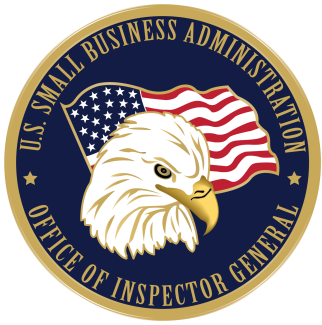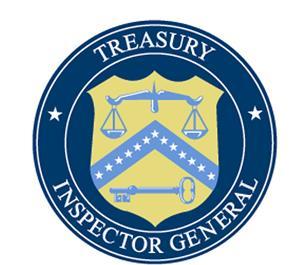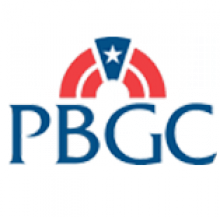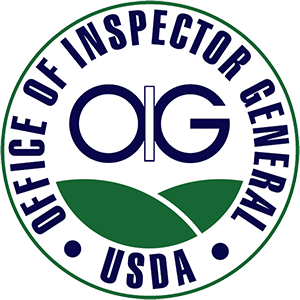The Chief Financial Officers Act of 1990, as amended, requires an annual independent audit and report on the U.S. Small Business Administration’s (SBA’s) consolidated financial statements.The Office of Inspector General contracted with the independent certified public accounting firm KPMG LLP to conduct an audit of SBA’s consolidated balance sheets as of September 30, 2021, and for 2020 and the related notes to these statements. KPMG was also engaged to audit the consolidated statements of net cost and changes in net position and combined statement of budgetary resources for the year ended September 30, 2020, as well as the related notes to those statements. You may review the report by CLICKING HEREKPMG auditors found significant matters for which they were unable to obtain sufficient, appropriate audit evidence to provide a basis for an audit opinion on SBA’s consolidated financial statements for the year ended September 30, 2021. Accordingly, KPMG issued a disclaimer of opinion on the consolidated financial statements as of and for the year ended September 30, 2021, and for 2020.Due to inadequate processes and controls, SBA was unable to provide adequate evidential matter in support of a significant number of transactions and account balances related to the expanded Paycheck Protection and Economic Injury Disaster Loan programs and the newly implemented Restaurant Revitalization and Shuttered Venues Operators Grant programs.For the year ended September 30, 2021, KPMG identified six material weaknesses and two significant deficiencies in internal controls over financial reporting. We provided a draft of KPMG’s audit report to SBA’s Acting Chief Financial Officer, who did not concur with the severity of five material weaknesses.
| Report Date | Agency Reviewed / Investigated | Report Title | Type | Location | |
|---|---|---|---|---|---|
| Small Business Administration | Independent Auditors’ Report on SBA’s FY 2021 Financial Statements | Audit | Agency-Wide | View Report | |
| Department of the Treasury | FINANCIAL MANAGEMENT: Audit of the Gulf Coast Ecosystem Restoration Council's Financial Statements for Fiscal Years 2021 and 2020 | Audit | Agency-Wide | View Report | |
| Federal Labor Relations Authority | Financial Statement Audit of the Federal Labor Relations Authority for Fiscal Year 2021 | Audit | Agency-Wide | View Report | |
| Federal Labor Relations Authority | Statement on Auditing Standards AU-C Section 260 Letter for Fiscal Year 2021 | Audit | Agency-Wide | View Report | |
| Pension Benefit Guaranty Corporation | Audit of the Pension Benefit Guaranty Corporation’s Fiscal Year 2021 and 2020 Financial Statements | Audit | Agency-Wide | View Report | |
| Pension Benefit Guaranty Corporation | Audit of Pension Benefit Guaranty Corporation's Limited Purpose Financial Statements for Fiscal Year 2021 and 2020 | Audit | Agency-Wide | View Report | |
| Department of Agriculture | USDA’s Consolidated Financial Statements for Fiscal Years 2021 and 2020 | Audit | Agency-Wide | View Report | |
| Department of Agriculture | Commodity Credit Corporation’s Financial Statements for Fiscal Years 2021 and 2020 | Audit | Agency-Wide | View Report | |
| Department of Agriculture | Natural Resources Conservation Service’s Financial Statements for Fiscal Years 2021 and 2020 | Audit | Agency-Wide | View Report | |
| Department of Energy | Subcontract Administration at Lawrence Berkeley National Laboratory | Audit |
|
View Report | |







